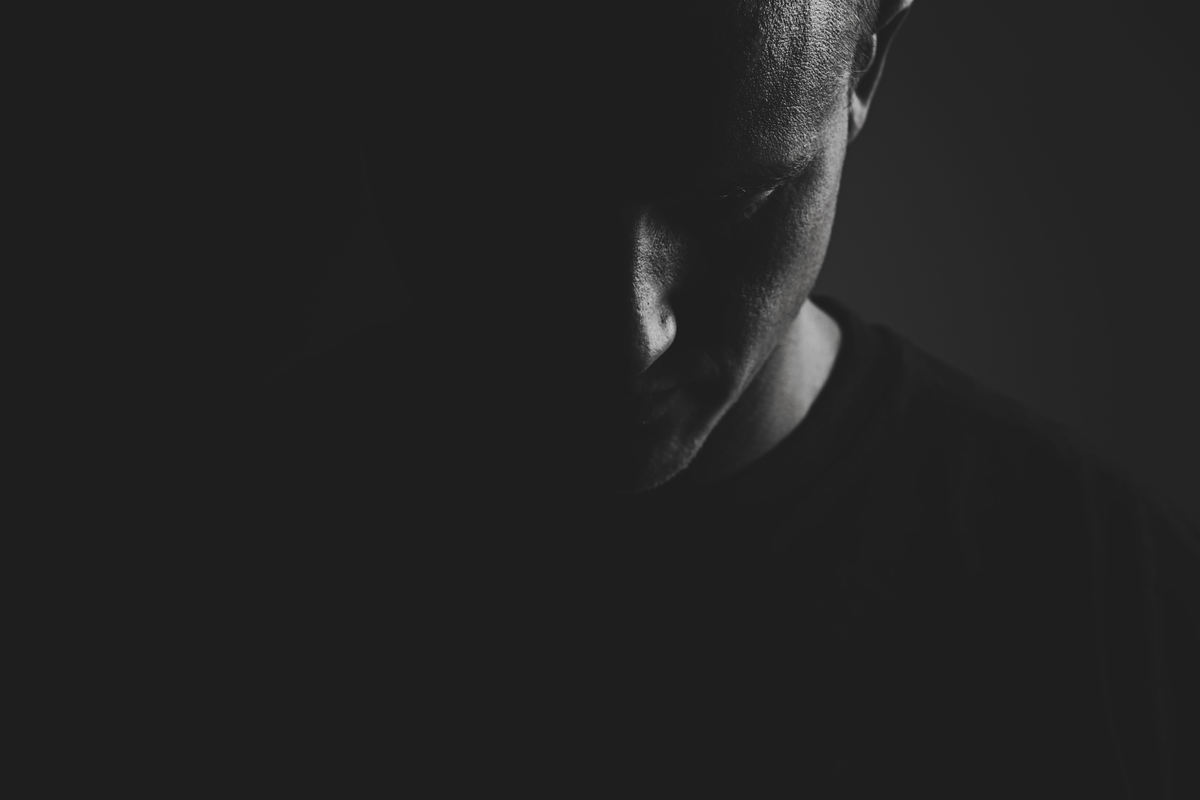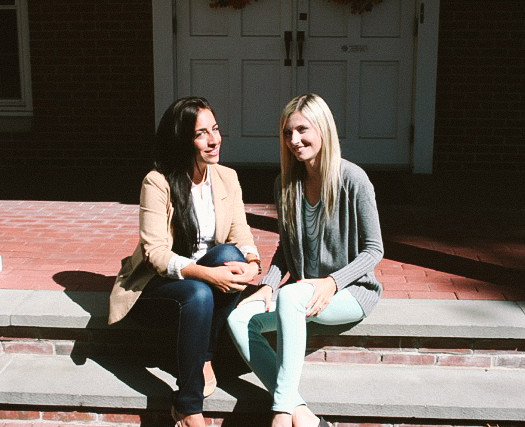
Photo by Prixel Creative
Two Years In And Forever To Go
I am completing my second full year of sobriety from alcohol in April. I am very thankful to be here as a sober person. The path to sobriety was painful, the realization I needed help was a shock I never expected I’d go through in life. I’ve written about
how I came to realize I needed help, and
how I think employers and professional organizations can step up to support those suffering from abuse. Now I want to share some personal lessons I’ve learned over the past 24 months.
Maintaining Sobriety
You often hear people say “It gets easier.” I’ve learned managing sobriety changes, but it doesn’t get easier. The challenges I experience now are different from the challenges I experienced during the first year of my sobriety. I used to feel like I was trying to put distance between some ravenous monster and myself. Can I make it to the next minute? Can I make it to a year? That gets exhausting – counting the days. Now I find myself not thinking at all about alcohol, sometimes for days at a time. But the craving can come without warning when I hear a song that reminds me of drinking, or I catch a whiff of beer as I pass the local bars on the way home from work. And that craving is just as strong as it ever was. When that happens, I talk to my wife about how I feel, I write, I play with my daughter. I do anything but drink.
A wistful nostalgia at the thought of drinking has replaced the active fear I would slip up and go back to using alcohol. This nostalgia is perhaps more dangerous than fear. It confuses false memories of a pleasant past of drinking with the truth that it had destroyed my life. Which brings me to the realization that I’ll always need support. I still like it when my wife tells me she’s proud of me. I still read articles and stories written by people in recovery. I still write about and talk openly about my abuse, for the selfish reason that it provides me with accountability and support when others share in my journey. I’ve spoken about alcohol abuse at multiple events, and on multiple podcasts–partly to help others, and partly to maintain accountability.
Dealing With Conflict
I have learned the joys of conflict over the past two years. Authentic conflict is much easier to understand and negotiate than alcohol infused conflict. No one can accuse me of being drunk if I take issue with something happening. Neither can I blame any of my actions or thoughts on having had one, or ten, too many drinks. I haven’t argued with anyone about why I think we are at the wrong subway station when we aren’t, why I’ve come home drunk again after 2 am, or why I decided it was best to sleep in the backseat of my car in front of my house instead of in my bed. All things I’ve sadly argued about when drinking.
I feel so much better making real apologies for my mistakes than I did when apologizing for drunken behavior. I often made these apologies as I was cracking open another beer. I felt sorry about what I was apologizing for when drunk, but I wasn’t truly trying to make anything better as I continued to drink after apologizing. As an alcohol abuser, the only way you can express true remorse to those you’ve hurt is to stop drinking. When I apologize now, it is because I’ve looked at what I’ve done, I feel sorry, and I want to make it better. It means I made a mistake or I did something offensive while sober. That’s ok, everyone does. I used to apologize for stupid things I’d done on an almost daily basis when I was drinking. For two years I haven’t had to apologize for anything I’ve done while drunk.
Enjoying Life
I’ve realized life is in the little moments that don’t exist when you are actively abusing alcohol. If all you think about is drinking when you aren’t drunk, you miss everything that’s beautiful in the monotony of daily life. I’ve found appreciation in music for the sheer joy of listening to it, not in thinking about how awesome it will be to listen to it drunk. I’ve found enjoyment in sitting in meetings, and listening to what people are saying when I have a conversation, rather than imagining what it will be like to drink later. I’ve learned the pleasure of writing and rewriting draft chapters for my book, rather than drifting off to sleep in a drunken stupor while imagining I will someday write a book. Not to mention the impossibility of enjoying anything when you can’t remember what you’ve done because you drank until blacking out.
Best of all, I’ve realized my friends are really my friends, and my family has stayed my family. When I thought about becoming sober, I thought everyone around me would continue drinking and leave me behind. My fear possibly prevented me from moving forward with sobriety at times. But I have the issue with alcohol. Pretending my friends and family would leave me if I stopped drinking allowed me to project my responsibility onto others. My friends and family still drink. They also respect the fact that I don’t drink. We don’t plan events at bars, but people feel fine ordering or drinking alcohol when I’m at the table. No one decided I was a sober third-wheel. Am I less social as a sober person? Probably. Although I’d refer to my thoughts above on apologizing as evidence my drunken socializing wasn’t as successful as I believed it was.
There’s A Purpose In My Sobriety
I’ve been able to do more with my two years of sobriety than the 34 previous years combined. I’ve gotten to publish articles in dozens of venues, write a book, and experience the birth of my third child. I’ve struggled with the loss of a lifestyle and felt the frustration of living in a culture that promotes the use and abuse of alcohol while claiming to be inclusive. All this has lead to a newfound purpose for me to both spread the word of my story and transformation, while also demanding for employers to step up and take care of the needs of their staff. I have written well-received articles, and spoken on podcasts I would have never been a guest on if I had stayed drunk. Sobriety has lead to opportunities and an abundance of growth. Drinking was a cycle of destruction keeping my performance at the lowest maintainable level.
The last two years of my life have been fulfilling. They have also been harder than I’d ever wish on anyone. Sobriety requires constant willpower and vigilance against temptation. But it beats the alternative. If you are abusing alcohol or drugs, I urge you to reach out for help. Support groups exist for a reason. Rehab facilities exist for a reason. If you think you have a problem, there is a reason you think that way. Talk to a counselor or find a local support group. The journey to sobriety is long, but taking that first step is the only way you will ever get to happily reflect on two years of sobriety. If you have a family member or friend doing their best to stay sober, tell them you are proud of them and offer your support. Whether they’ve been sober one day or one decade, I promise you they will appreciate the support.
FROM THE EDITOR
At Conscious, we feature powerful stories about global initiatives, innovation, community development, social impact and more. You can read more stories like this and connect with a growing community of global leaders when you join.




